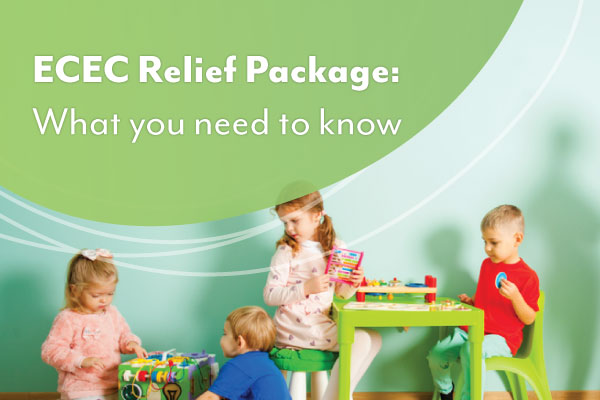There is no single way to approach early childhood education. In fact, there are a variety of educational philosophies old and new which childcare professionals draw upon. One renowned philosophy is the Reggio Emilia approach, and this article looks at what Reggio Emilia involves and the potential benefits of this approach in childcare settings.
What is the Reggio Emilia approach in child care?
Originating in the small Italian city of the same name, Reggio Emilia was developed by Loris Malaguzzi in the mid-1940s. In this post-war era, the community was inspired to support children in achieving optimal outcomes for the future through innovative approaches to education.
Malaguzzi’s psychology training gave him the understanding the children’s unique personalities begin to develop from an early age. He also viewed children as capable human beings and theorised that children express themselves and learn in a variety of different ways — ‘a hundred languages’. Languages might include painting, sculpting, drama, movement and countless others.
With this in mind, the Reggio Emilia approach prioritises harnessing children’s potential to forge their own learning journey with guidance from educators and families. The idea is to engage children with meaningful experiences and promote a love of learning.
The role of educators in Reggio Emilia
The teaching role for childcare centres embedding a Reggio Emilia approach should be viewed as a collaborator who provides guidance and input to children rather than someone who instructs. Observing, asking questions and deepening a child’s engagement is priority. The involvement of parents is important in Reggio Emilia also, with their role seen as a partnership with educators so that learning can continue at home.
A third teacher in the Reggio Emilia approach is the learning environment. This can be the physical environment in and out of the classroom as well as the social environments available to children.
Taking a Reggio Emilia approach at your centre
It’s important to note that Reggio Emilia is an approach to learning, rather than a pedagogy. A childcare centre can’t be a “Reggio Emilia centre” unless they are in the city of Reggio Emilia. However, in the 1970s guidelines and values that underpinned the Reggio Emilia approach were established, enabling other educators to adopt these in their own educational settings.
Adopting a Reggio Emilia approach at your centre can offer a number of potential benefits. It can give you a fresh outlook on early childhood education and strengthen partnerships between the centre and families. Children can feel empowered, more engaged and have access to more ways to learn. Educators can also be inspired to explore new ways of delivering learning experiences to children.
You might take only a few ideas from this innovative approach, but given the popularity and countless positives experiences from educators and families you are likely to discover a lot of potential in Reggio Emilia’s principles.
Talk to a Practical Outcomes to learn more more about integrating the Reggio Emilia approach in your practices.



